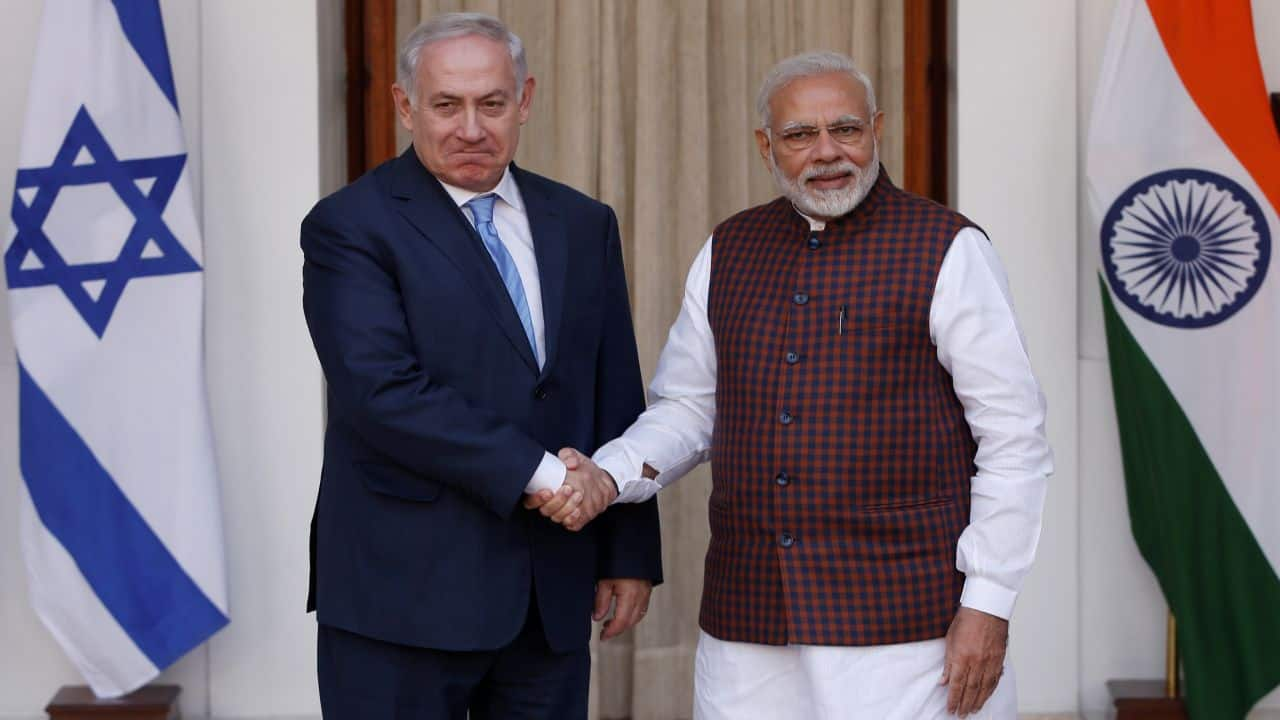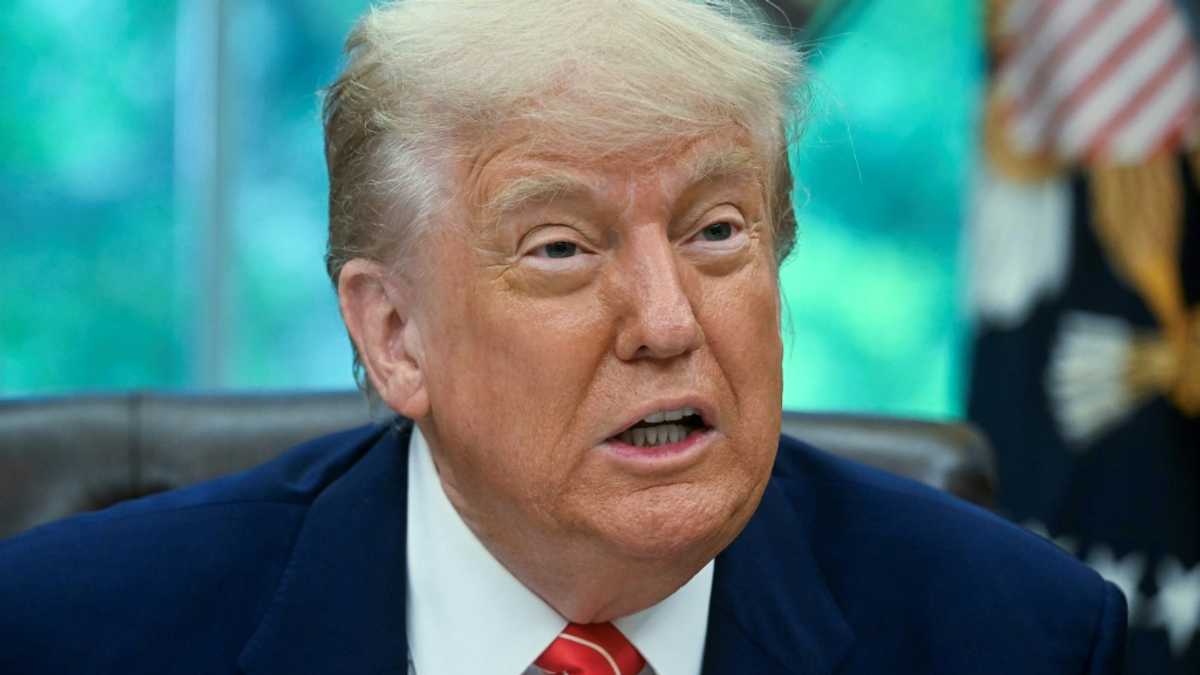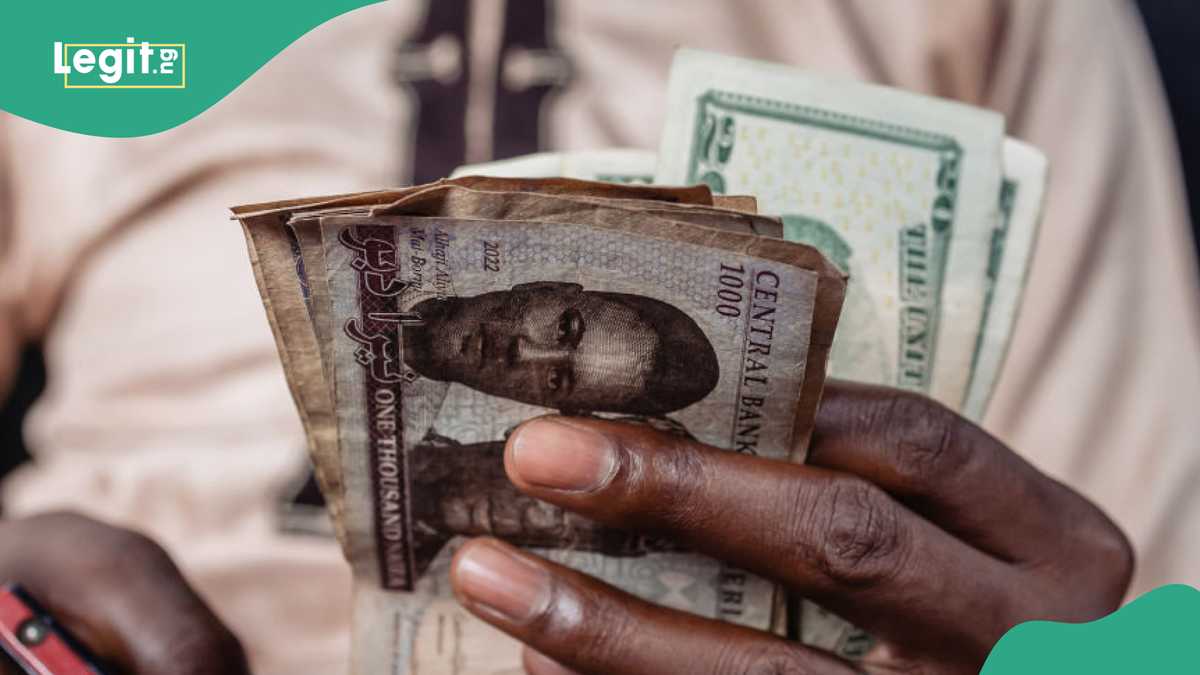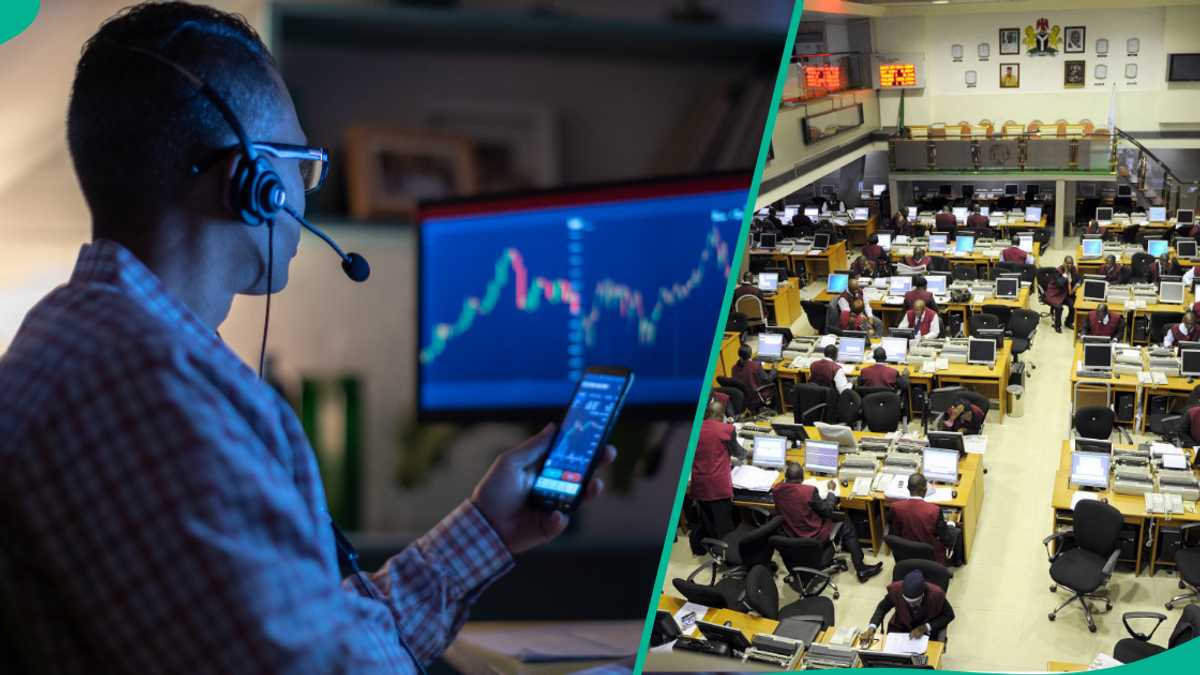Operation Sindoor's Impact on Markets and Geopolitical Relations

Following the Pahalgam terror attack, which resulted in the deaths of 26 people, India launched Operation Sindoor, conducting precision strikes on terrorist infrastructure in Pakistan and Pakistan-occupied Jammu and Kashmir (PoK). The Ministry of Defence stated that the operation was focused, measured, and non-escalatory, targeting only terrorist infrastructure and not Pakistani military facilities.
The Indian Army, Navy, and Air Force coordinated efforts to strike nine terror-linked sites across Bahawalpur, Muridke, and Sialkot using precision-guided munitions. The operation was based on credible leads, technical inputs, and evidence pointing to Pakistan-based terrorists behind the April 22 attack. The strikes were intended to deter future threats while maintaining strategic restraint.
Despite initial market dips, Indian stock markets demonstrated resilience, recovering quickly. Experts noted that the market had already factored in the possibility of a retaliatory strike by India. Foreign Institutional Investors (FIIs) have played a significant role in market stability, with sustained buying over the past 14 trading sessions, totaling ₹43,940 crore in the cash segment. Favorable global conditions, such as dollar weakness and moderated growth in the US and China, have also contributed to India's strong market performance.
However, some analysts cautioned about potential volatility due to Pakistan's response, as they termed the strikes an "act of war." They advised monitoring key triggers such as further military action, global tariff negotiations, and the US Federal Reserve's policy decision. Technically, the Nifty faces critical support at 24,250–24,200; a breach could open room for deeper downside, advising caution and avoiding aggressive longs until the situation stabilizes.
Defense stocks, which had seen a run-up following the Pahalgam attack, traded flat, possibly due to profit-booking and rich valuations. Experts suggested focusing on the pace of execution in defense companies and investing at attractive valuations. Brokerages recommended strategic investments in Bank of Baroda, KEI Industries, and CG Power during the market dip.
Globally, Asian markets rose on hopes of trade talks between the US and China. US stock futures also rose, while the dollar index increased. Oil prices rose on signs of weakening production in the US and higher demand in Europe and China. Gold prices surged to an all-time high due to tensions between India and Pakistan.
Pakistan's stock market plunged following India's military operations, with the KSE-100 index experiencing a significant decline. In contrast, the Indian stock markets displayed stability, with the Sensex and Nifty recovering from early losses.











